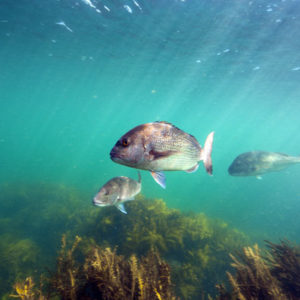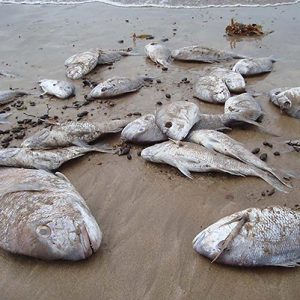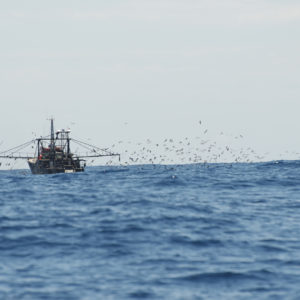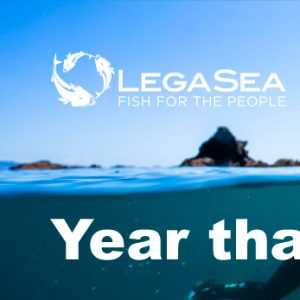LegaSea is advocating a bottom-up approach to rebuilding our fisheries. That is because mortality on small fish can be reduced at minimal cost and yet it has the greatest benefit to the rate of rebuild.
Snapper caught in trawl and Danish seine nets need to have a strict maximum juvenile mortality rate applied to the method. These methods are singled out due to the ability to catch huge numbers in one shot. LegaSea believes a default standard of 5% by number is a logical starting point.
Under the new ‘move-on’ rule applying since 2013 commercial vessels must move if more than 15% of their snapper catch, by weight, is less than the 25cm (commercial) minimum legal size.
LegaSea considers the 15% by snapper weight is too risky because that is equivalent to around 36% of catch by number before any action is required. We are promoting a standard of 5% by number because that enables a realistic measure of mortality to be assessed and monitored for future changes.
Recreational fishing often occurs in shallow waters and estuaries, and can result in several species being killed. This matter requires wide engagement with the recreational fishing community, especially now the minimum legal size has been increased to 30cm.
Prior to last year’s snapper review we urged the Ministry to hold off on any changes until we had the time and resources to consult widely and come up with innovative ways to conserve fish.
We wanted to avoid the situation we have now, where recreational fishers are responsible for killing and wasting juvenile fish. And where the public holds Nathan Guy and the National Party responsible for reductions in their limits.
It seems a no-brainer that we would get the biggest savings from reducing or avoiding practices that kill small fish. These small fish are most often wasted. If allowed to survive beyond recruitment these small fish would give substantial growth to the overall biomass, stock size.
Current juvenile mortality in Area 1, between North Cape and the eastern Bay of Plenty, runs into the millions of fish each year. Eliminating this waste, as far as practical, needs to be assessed.
There are other issues in the quota system that contribute to wastage, and those need to be addressed as well. In the meantime, LegaSea is promoting improved practices that are affordable, achievable and meaningful. We must reduce our impacts on the snapper population if we want to have an abundance of fish in the future.
This article was originally published in the New Zealand Fishing News magazine, September 2014.





